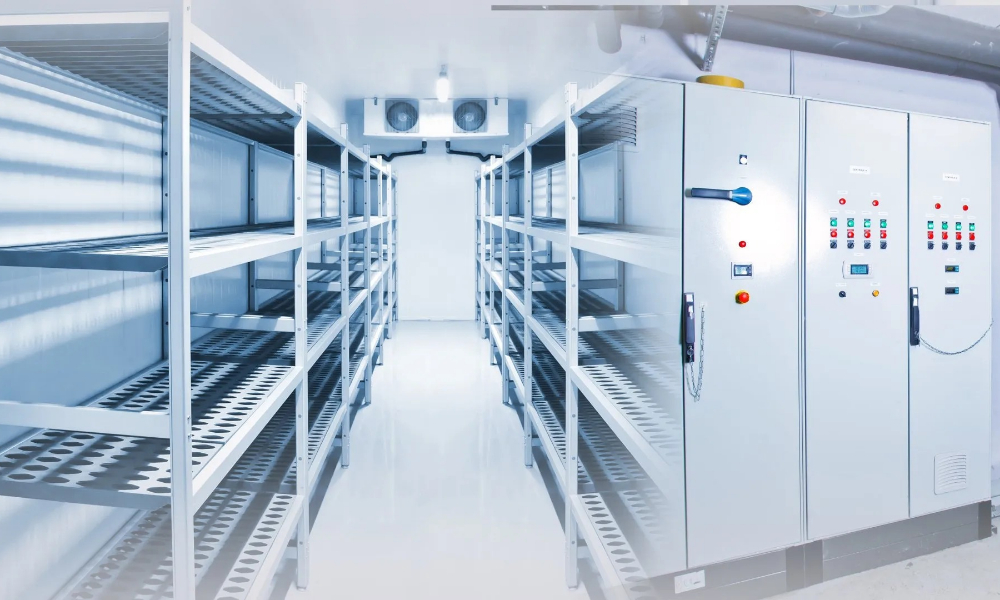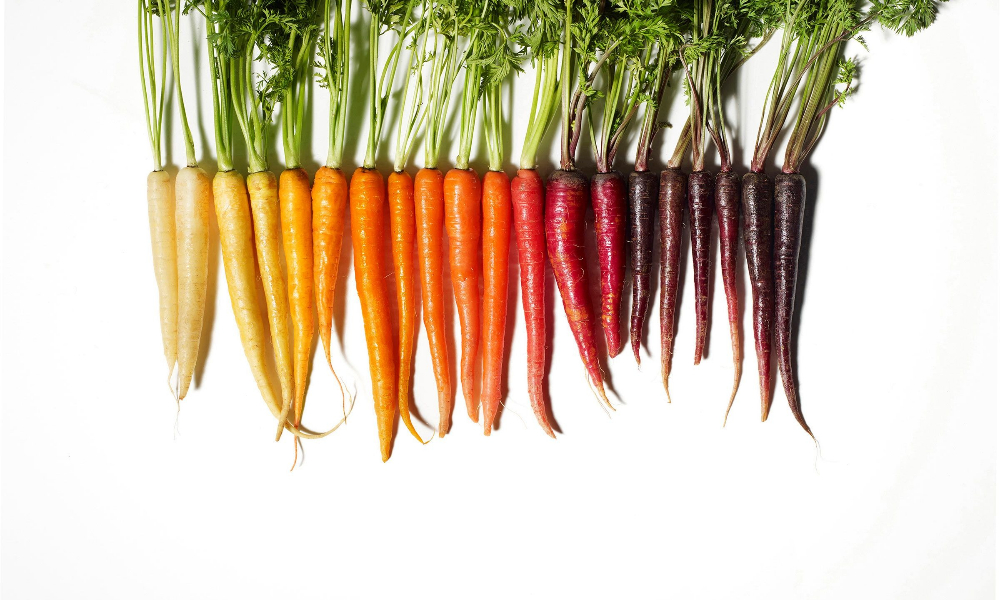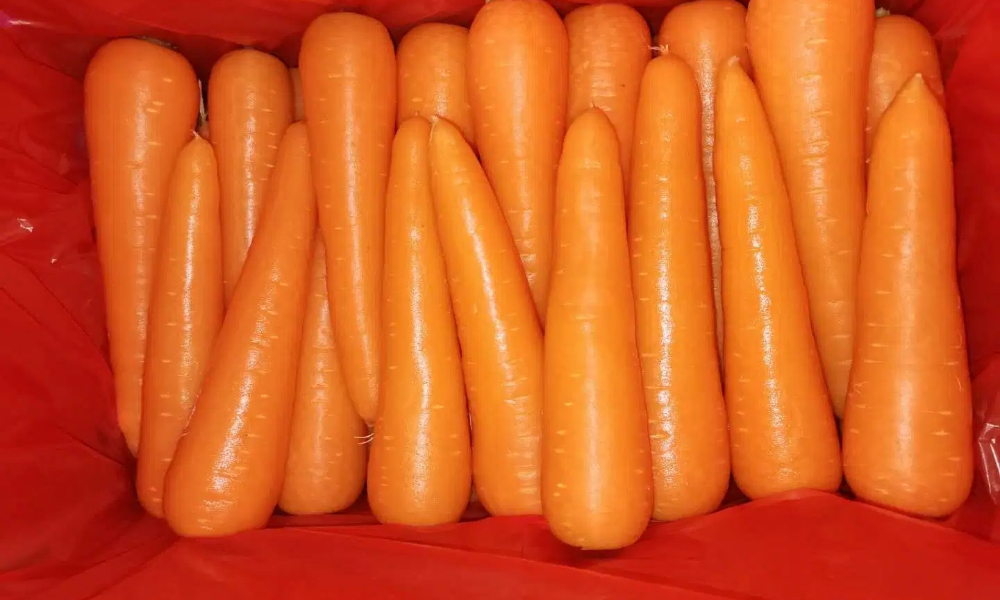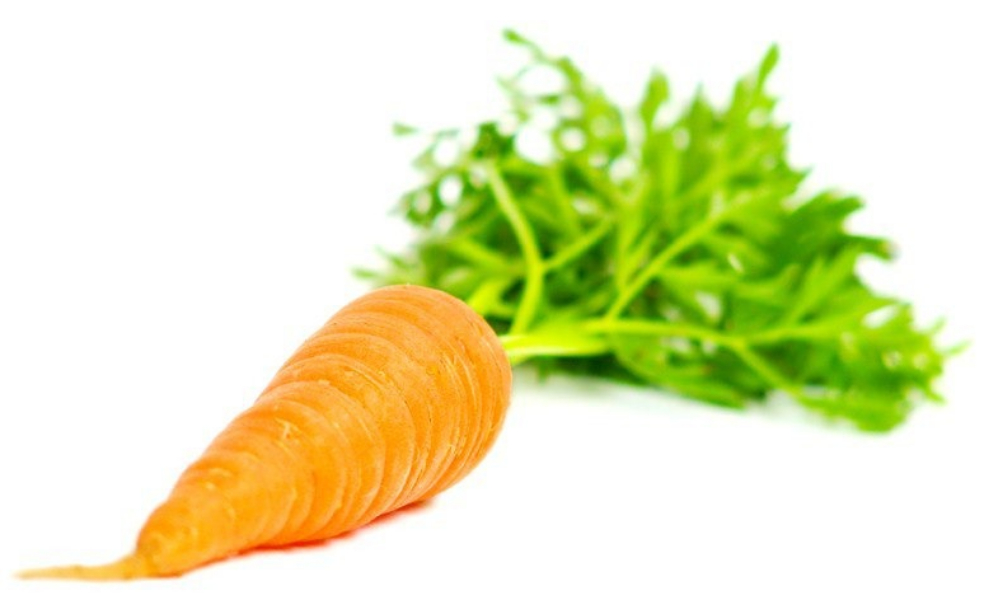Ideal Conditions for Storing Carrots in a Cold Storage
Carrots are popular and nutritious root vegetables loved worldwide for their sweet and crunchy taste. However, like other vegetables, carrots can spoil quickly if not stored properly.
Temperature
The ideal temperature for storing carrots in cold storage is between 0 to 5 degrees Celsius. Temperatures below 0 degrees Celsius can freeze carrots, affecting their taste and texture. Temperatures above 5 degrees Celsius can encourage the growth of microorganisms and cause carrots to spoil faster.
1- Agricultural Engineering
Carrots stored at too high a temperature may lose their color and turn their sweet taste bitter. Storing carrots at low temperatures may cause them to become hard and woody and lose their flavor.
Carrots stored at inappropriate temperatures for extended periods also significantly lose their nutritional value.
2- Biological Engineering and Microorganisms
Carrot cold storage provides a suitable environment for the growth and proliferation of various microorganisms, including bacteria, fungi, and molds. Some common types include:
Bacteria
E. coli: This bacterium can cause diarrhea and gastrointestinal illnesses.
Salmonella: This bacterium can cause food poisoning.
Listeria monocytogenes: This bacterium can cause serious infections, especially in pregnant women, the elderly, and individuals with weakened immune systems.
Fungi
Penicillium: This fungus can cause soft rot in carrots.
Botrytis cinerea: This fungus causes gray rot in fruits.
Fusarium: This fungus causes dry rot.
Molds
Aspergillus: This mold produces dangerous toxins that can cause respiratory diseases and cancer.
Penicillium: This mold can cause allergies and respiratory problems.
Mucor: This mold can cause fungal infections.
3- Chemical Engineering
The cold storage temperature significantly impacts the speed and type of chemical processes occurring in stored food and other products. Generally, the rate of chemical reactions decreases significantly with lower temperatures, as molecules lack sufficient energy to overcome activation barriers and react with each other.
Reducing the rate of reactions in cold storage offers numerous benefits, including increased shelf life, maintained quality, and reduced food spoilage.
Humidity
The relative humidity suitable for storing carrots in cold storage is between 90 to 95 percent. High humidity helps maintain the freshness and crispness of carrots, preventing wilting and dryness. Conversely, low humidity can cause carrots to lose moisture, reducing their quality, taste, and freshness.
1- Microbiology
Storing carrots in cold storage offers multiple microbiological advantages, helping maintain their quality, taste, freshness, and shelf life. Some key benefits include:
Reduced microbial growth: Cold storage helps slow down the growth of microorganisms, preventing food poisoning.
Maintaining freshness: Low temperatures reduce enzyme activity that causes carrots to wilt and dry out.
Increased shelf life: Carrots stored in cold storage can remain fresh and high quality for several weeks or even months.
Preventing food poisoning: Carrots stored in cold storage can remain fresh and high quality for several weeks or even months.
2- Food Engineering and Packaging
Carrots can be sorted based on size, quality, and type. Sorting helps manage inventory better and deliver quality products to customers. By following these general principles, carrots can be stored in cold storage for several weeks or even months, preserving their quality, taste, freshness, and nutritional value.
Choosing packaging type: Use airtight plastic containers, perforated plastic bags, or cardboard boxes.
Packaging features: Packaging should be breathable to prevent ethylene buildup and help maintain product moisture. It should be impact-resistant, safe, and environmentally friendly, and transparency helps inspect the carrots during storage.
3- Ventilation and Ethylene Control
Several factors can affect ethylene production in carrots. Unripe carrots produce less ethylene, but production increases as they ripen. Mechanical damage or disease can increase ethylene production in carrots. Environmental stresses like high heat or dryness can also increase ethylene production.
Proper ventilation solutions in carrot cold storage
General Tips
The size of the cold storage and the volume of carrots play crucial roles in choosing an appropriate ventilation system. Environmental conditions like air temperature, humidity, and dust affect the ventilation system's performance. Mechanical ventilation systems, including fans, air ducts, and controllers, are common for cold storage. These systems bring in cool, fresh air and expel warm, humid air.
Air Vents
Install air vents at different points in the cold storage to ensure even air circulation. The best locations for vents are on the walls and ceiling of the cold storage.
Avoid placing air vents near heat or moisture sources.
Proper Arrangement
Use wooden or plastic pallets for storing carrots in cold storage. The gap between pallets should be at least 10 centimeters to allow for even air circulation.
The stacking height of carrots in cold storage should not exceed 1.5 meters. Excessive stacking can pressure the lower carrots, causing damage.
Avoid placing carrots near air vents or fans, as this can dry them out.
Ethylene Control
Choosing the best method for controlling ethylene in carrot cold storage depends on various factors, including storage size, carrot volume, budget, and goals. Modern methods such as genomics, biotechnology, and nanotechnology can effectively control ethylene and maintain carrot quality in cold storage.
Design and Technology of Modern Carrot Cold Storage
Besides traditional methods, several modern techniques can help preserve the quality, taste, freshness, and nutritional value of carrots for longer periods.
Advanced Ethylene Control Systems
Advanced ethylene control systems use sensors, software, and controllers to monitor and accurately control ethylene levels in cold storage. These systems can more effectively reduce ethylene than traditional methods, preserving carrot quality for longer periods.
Using Modified Atmosphere
A modified atmosphere is a controlled atmosphere that reduces ethylene levels and regulates other gases like nitrogen, carbon dioxide, and oxygen.
Precisely adjusting these gas levels can slow down carrots' metabolic activities, delay ripening and spoilage, and maintain their quality for longer.
Using Edible Coatings
Edible coatings are made from natural materials like vegetable oils, beeswax, and starch. These coatings can be applied to carrot surfaces to prevent ethylene penetration and moisture loss.
Using Nanotechnology
Nanoparticles can create anti-ethylene coatings or absorb ethylene from the cold storage environment.
Benefits of Storing Carrots in Cold Storage
1- Increased Shelf Life
Extending the shelf life of carrots in cold storage offers multiple benefits for producers, distributors, retailers, and consumers. Reducing carrot waste also decreases the need for increased production and resource consumption, such as water and fertilizers.
By extending the shelf life of carrots, they can be stored during the harvest season and marketed during periods of low production.
2- Preserving Quality and Nutritional Value
Carrots are rich in vitamin A, beta-carotene, fiber, antioxidants, and other essential nutrients for health.
Consuming high-quality carrots can boost the immune system, improve vision health, reduce the risk of cardiovascular diseases, prevent cancer, and promote overall health.
3- Easier Transportation
While storing carrots in cold storage doesn't directly simplify their transportation, maintaining carrot quality in cold storage can indirectly make transportation easier. Well-stored carrots have a healthy appearance, desirable taste, and are less likely to be damaged or spoil during transportation. Properly stored carrots also remain fresh and are less likely to get damaged or bruised during packaging and transportation.
4- Regulating Market Supply
Storing carrots in cold storage helps meet market demand during periods of scarcity and prevents price increases. Stable carrot prices benefit producers, distributors, retailers, and consumers.
Technical Specifications and Important Issues of Carrot Cold Storage
1- Temperature and Humidity Control
Precise temperature control in cold storage is achieved through ventilation systems and vital controllers. Maintaining relative humidity within the optimal range is fundamental in carrot cold storage.
2- Ventilation and Ethylene Control Systems
Proper ventilation helps maintain even temperature and humidity throughout the cold storage.
3- Cold Storage Cleaning
Regularly clean pallets and carrot storage areas. Using suitable disinfectants to clean the cold storage is essential.
4- Packaging
Using appropriate packaging such as plastic boxes or polyethylene bags can prevent physical damage to carrots and the penetration of microorganisms. Packaging should have holes to ensure good air circulation inside them.
By following the mentioned tips and continuously improving carrot storage processes in cold storage, waste of this valuable product can be reduced, its quality maintained, and profitability for stakeholders in the carrot supply chain enhanced.





